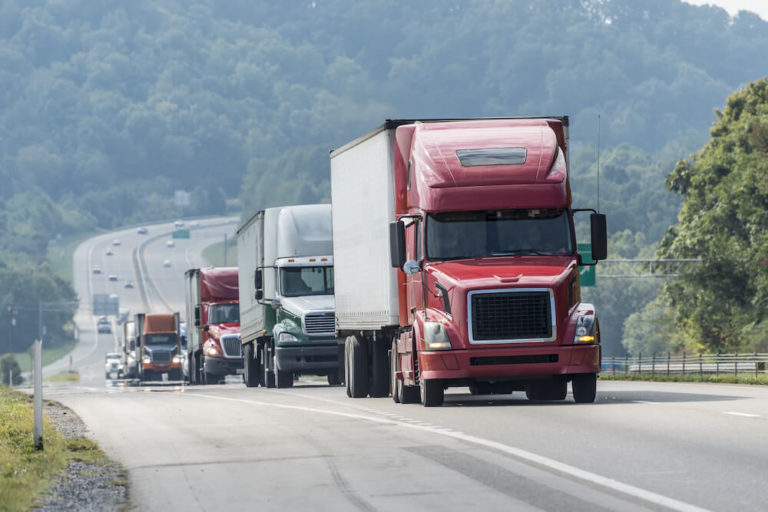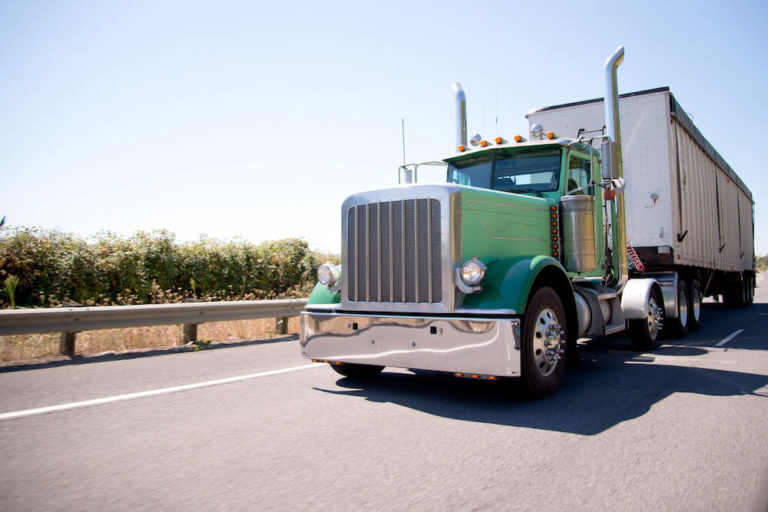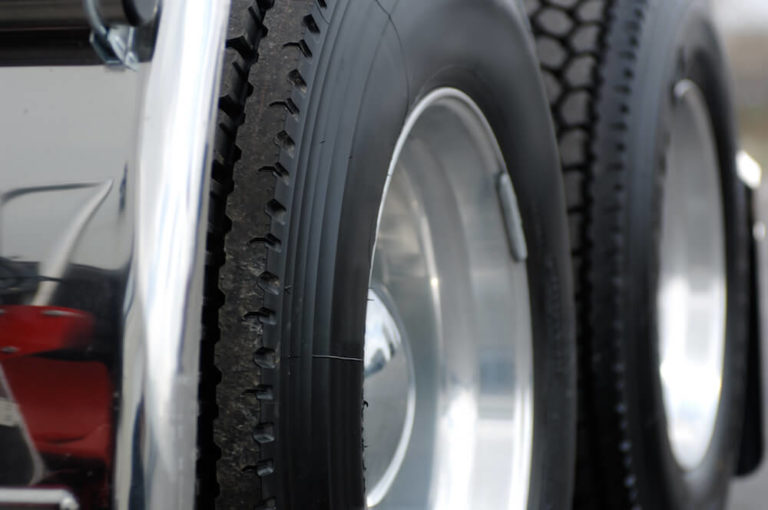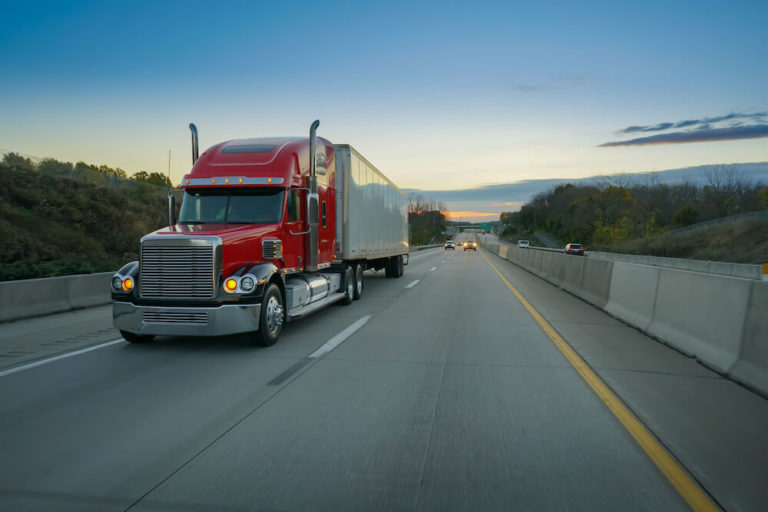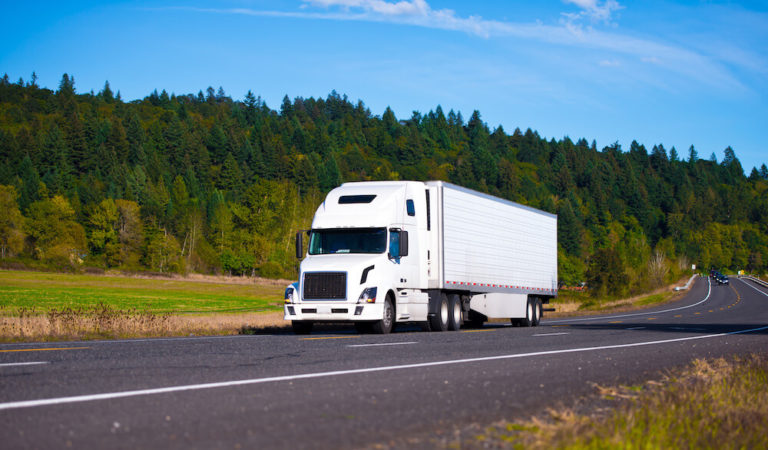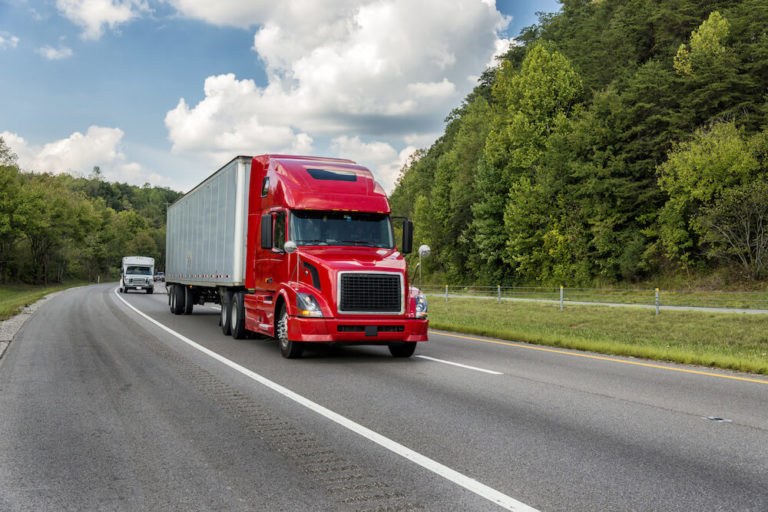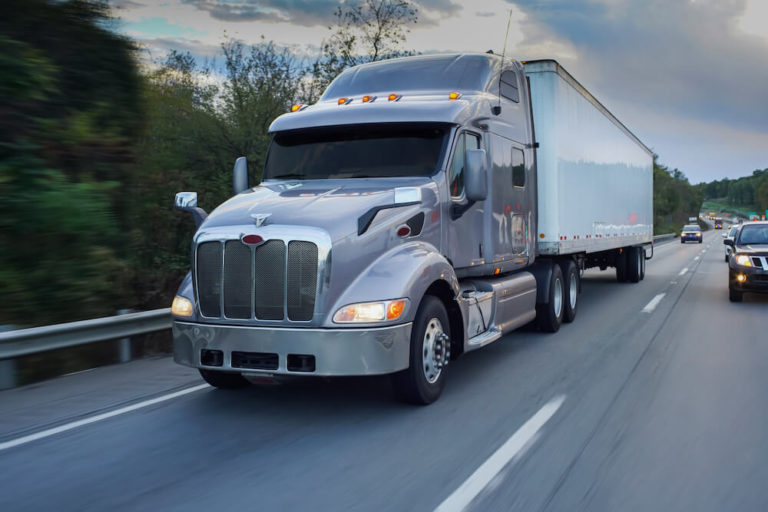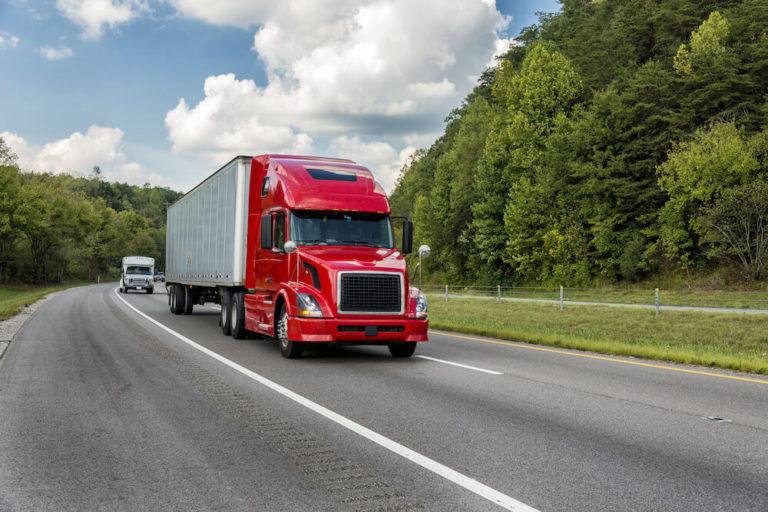A company that is interested in engaging in certain types of transportation activities must have an MC Number, which is also known as operating authority. Specifically, companies that (a) transport passengers via interstate commerce and that (b) transport federally regulated commodities that are owned by others or coordinate the transportation of those commodities, are required to have operating authority.
Tips
Getting the right truck insurance for your business can feel like a monumental task. Maybe you’re not quite sure where to start. This section of our blog has articles that feature tips for buying truck insurance and tips for understanding various coverages. Insurance might seem overly complicated and impossible, but we strive to make insurance as easy as possible. That’s why these articles break down various topics into easy-to-understand tips and explanations.
The “Tips” section also includes articles that focus on ways to improve safety at your business. Though you face many risks as a trucking business, there are things you can do to minimize those risks and lessen the chance of something bad happening. The articles take various topics and create manageable steps that you can follow to boost safety at your business. The safer your business is, the fewer claims you may have. And that can help your insurance rates.
So, take some time to check out the topics that appeal to you.
What do I do if I get a warning letter from the FMCSA?
The Federal Motor Carrier Safety Administration (FMCSA) is responsible for making sure that commercial trucks and drivers are safe enough to be on America’s highways. To protect the public, the FMCSA completes regular inspections of equipment, driver log books, records of violations, and more. If your business is found to have a violation, the FMCSA will then notify the motor carrier of violations by mail in the form of a warning letter.
What hazardous materials require a Hazardous Materials Safety Permit?
The Federal Motor Carrier Safety Administration (FMCSA) enforces a program known as Hazardous Materials Safety Permit (HMSP). The purpose is to increase safety for the driving public and commercial truck drivers.
Do motor carriers need to report drug and alcohol test results to FMCSA every year?
No trucking company owner likes to think that drivers will fail a random drug or alcohol screening or cause an accident due to being under the influence of drugs or alcohol.
What is the Unified Registration System?
The Unified Registration System (URS) was created to simplify and streamline the registration process required by the Federal Motor Carrier Safety Administration (FMCSA).
What is a trucking company’s CSP (Company Safety Profile)?
The Federal Motor Carrier Safety Administration (FMCSA), a division of the federal Department of Transportation (DOT), retains safety information for every commercial carrier that drives on public roads. It also keeps a safety record for every trucking company or independent owner-operator.
What is the difference between interstate and intrastate commerce?
Interstate commerce and intrastate commerce refer to two different ways of transporting cargo or people. The term interstate means that the commercial truck driver moves cargo or people across state lines. Specifically, it includes the following definitions:
What are the different types of commercial driver’s licenses?
The ongoing trucker shortage has led companies of all sizes to actively recruit and hire new drivers – at attractive and appealing rates. In order to secure one of those jobs, though, you need to get your commercial driver’s license, or CDL. Learning more about the different types of commercial drivers licenses makes it easy to determine your training path and make the most effective and efficient decisions for your career.
What’s the difference: Actual cash value vs. stated limit for trucks
You’ve done everything right – your drivers are experienced, careful and well-trained, your trucks are well-maintained and up-to-date and everyone is complying with regulatory laws – but you still had an accident. It happens to everyone eventually, and it’s why you have commercial coverage for your fleet of trucks and vans anyway.

